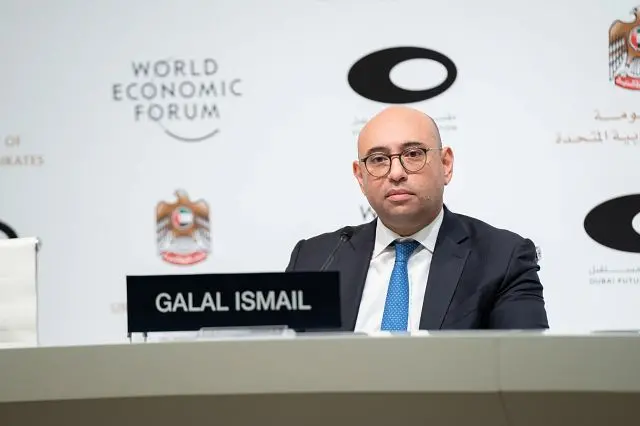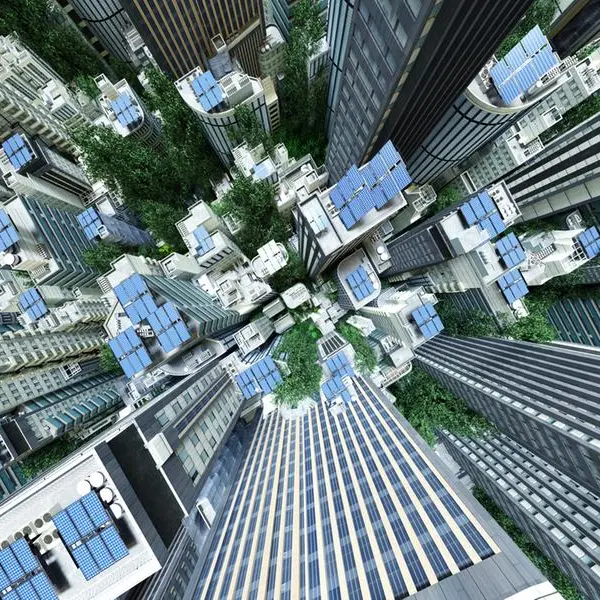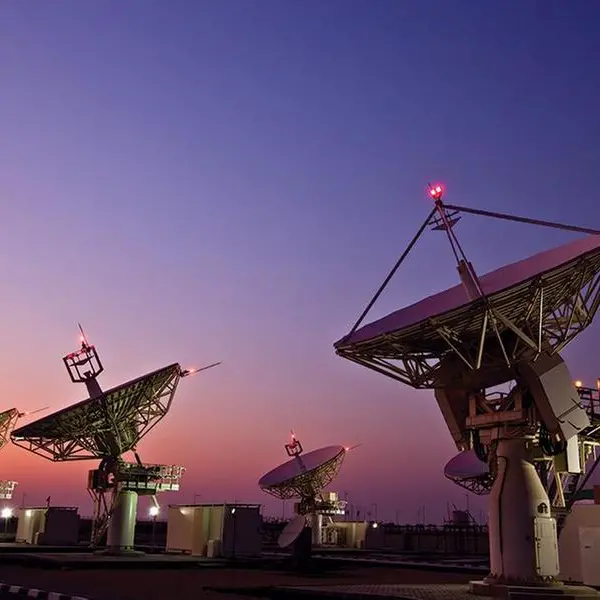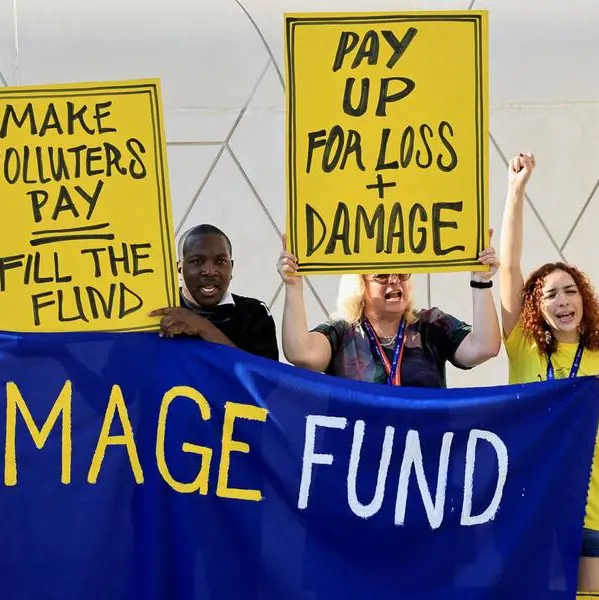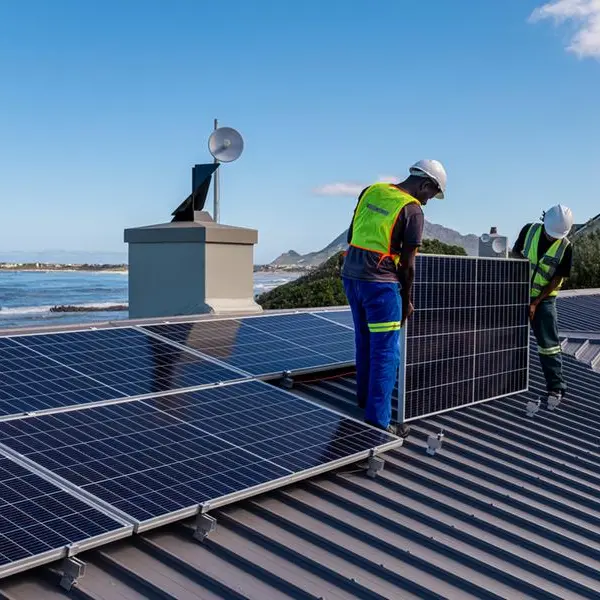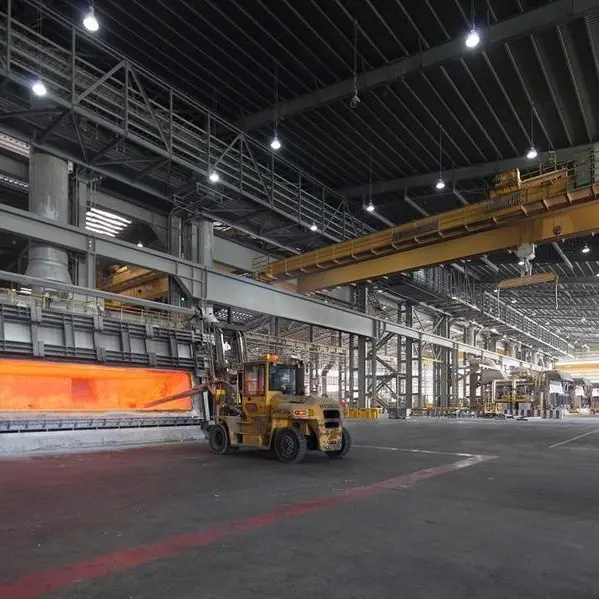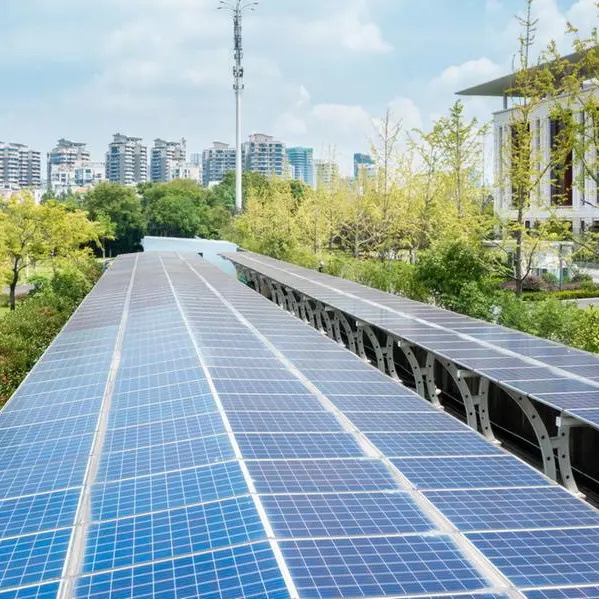PHOTO
The Middle East and North Africa (MENA) region faces a critical climate challenge. This is according to a newly released report by the World Economic Forum (WEF) and Bain & Company, unveiled on the sidelines of the World Economic Forum’s Annual Meeting of the Global Future Councils 2023 taking place in Dubai this week.
Highlighting the region’s vulnerability to extreme weather due to rising temperatures, prolonged droughts, and water scarcity, the report asserts that extreme weather phenomena, such as heatwaves, sandstorms, and floods, may worsen socioeconomic disparities and migration crises.
Commenting on the “Closing the Climate Action Gap: Accelerating Decarbonisation and the Energy Transition in MENA” report, Gim Huay Neo, Managing Director for the WEF’s Centre for Nature and Climate, stressed the MENA’s potential to lead in global energy but urged swift, ambitious, and collaborative action.
“The MENA is moving at twice the pace of global average temperatures. This will bring severe impact on food and water, as well as jobs and livelihoods, security, and human health,” Neo said. “500 million people live in this part of the region, and [unfortunately,] the private sector still lags in corporate action [compared to] where the public sector’s ambitions lie. Only 12% of the region’s largest 200 companies have a net zero target. And [only] 6% have a road map; a plan as to how they could achieve these targets.”
She continued: “The good news is that there is opportunity for the MENA to leapfrog on this journey, because there are many good things going for this part of the world [including a] strong natural resource base – solar and wind resources – untapped land, availability of finance, infrastructure, and also decisive leadership.
“The challenge is how can we actually connect the dots between sustainability, economic diversification, and job creation to provide that next leap of growth, as well as improve the quality of life for the people here.”
The report was created with inputs from the Leaders for Sustainable MENA (LSM) coalition, comprising 40+ high-level participants from ministries, businesses, and financial institutions, striving for corporate-led climate action and sustainability.
Ahmed Galal Ismail, CEO of Majid Al Futtaim (MAF) Holding in the UAE, is one of the leading executives behind the report.
“MAF has been one of the first movers in terms of announcing a very firm commitment to achieving net positive on carbon and water by 2040,” Ismail said. “We have since evolved to commit to science-based targets, which would allow us to align our own outputs and trajectory with keeping the 1.5 degrees target alive.
“That has required us to make significant disclosures and investments over time. The biggest learning throughout the journey is that [everyone] at MAF – including at board and leadership level – has now started to understand that investments in sustainability is not a trade-off for businesses, but it’s actually a trade-on.”
Ismail believes that transparency is crucial for the private sector.
“No one company can achieve this alone; it requires collaboration beyond our four walls,” he said. “And that means extreme transparency. It is an issue, as the report highlights, that only 20% of listed companies in MENA have a quantitative sustainability disclosure in their annual reports.
“Disclosing the successes – as well as the setbacks – is very important to raise awareness and to recruit others to join us on this journey.”
Speaking of what needs to be done to recruit more companies, Ismail recommended “five shades of green.”
He elaborated: “We need more green financing; we need to avail more financing to smaller companies. We [also] need more investment in green talent – youth in this part of the world are among the least concerned about sustainability, and this is a challenge.
“We also need some green regulation, such as taxes and other fiscal instruments [that are] mature in our part of the world, and we need green frameworks to provide the right incentives for the private sector to continue to invest in sustainability.
“We also need a lot of green tech and climate tech.
“But above all, it’s really about the green mindset; how you shift your perspective on sustainability, from being a trade-off to actually being a trade-on for how business is run here in the MENA.”
(Reporting by Rachel McArthur, editing by Seban Scaria)
